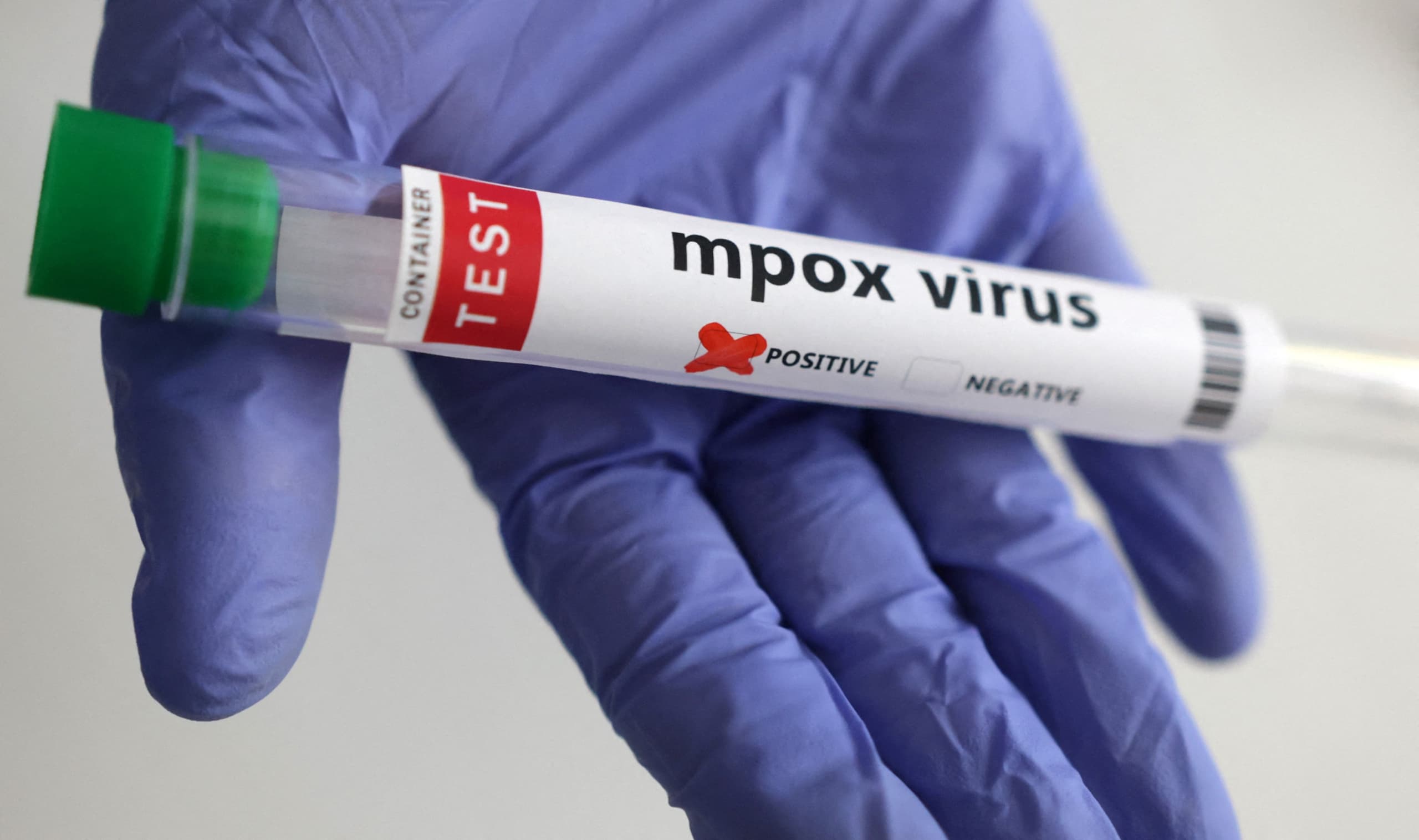Namibia Declares Mpox Outbreak After First Confirmed Case in Swakopmund

Namibia’s Ministry of Health and Social Services has officially declared an mpox outbreak following the confirmation of the country’s first case in Swakopmund. The announcement was made by the ministry’s spokesperson, Walters Kamaya, in a media statement on Sunday, detailing that the initial case was identified on Friday.
Mpox, previously known as monkeypox, is a zoonotic disease caused by an orthopox virus. It was first discovered in monkeys in 1958, while the first human case was recorded in 1970 in the Democratic Republic of the Congo. According to the World Health Organization (WHO), the disease is primarily transmitted from human to human through close contact, body fluids, or contaminated materials such as bedding or clothing.
According to Kamaya, the confirmed patient is currently in stable condition and is receiving treatment in isolation at Swakopmund District Hospital. Preliminary investigations have linked the case to cross-border travel within the Southern African Development Community (SADC) region, suggesting a potential regional spread.
Kamaya emphasized that, in accordance with WHO protocols, even a single confirmed case of mpox constitutes an official outbreak, requiring immediate public health response and preventive measures. He urged the public to remain calm but vigilant, reporting any symptoms such as fever, swollen lymph nodes, and characteristic rashes to the nearest health facility.
The Ministry of Health has also initiated contact tracing, public awareness campaigns, and coordination with regional health authorities to contain the spread of the virus. The Africa Centres for Disease Control and Prevention (Africa CDC) continues to monitor the situation closely as mpox cases have been reported in several African nations over the past year, highlighting the importance of surveillance and rapid response.
You may also like...
The 1896 Adwa War: How Ethiopia Defied Colonialism

Ethiopia with the exception of Liberia which was used as a settler place for freed slaves remains the only African Count...
Why We Need Sleep: Inside the Brain’s Night Shift

Even when you’re asleep, your brain is quietly up to something, sorting, cleaning, and working behind the scenes.
When Nollywood Meets Netflix: The Creative Tug Between Local Storytelling and Global Algorithms

Nollywood’s partnership with Netflix is rewriting the script for African cinema, offering global reach but raising quest...
Mozambique's LNG Megaproject: A Promise or Peril?

TotalEnergies is leading a consortium in Mozambique as it promises potential restructuring of the nation's energy se...
Aliko Dangote, Africa’s Wealth King: First African-Born Billionaire to Cross $30B

Aliko Dangote, the richest Black man in the world, has reached a new milestone, with a net worth of $30.3 billion, accor...
WAEC Conducts Trial Essay Test Ahead of Full Computer-Based WASSCE in 2026

The trial Computer-Based Test (CBT) for the WAEC essay was held on Thursday, October 23, 2025. The exercise was conducte...
Can Long- Distance Love really work?

Can love really survive when touch becomes a memory and connection lives behind a screen? For many, distance isn’t the ...
Nigeria’s Rental Crisis: House of Representatives Moves to Cap Rent Hikes at 20%

Nigeria's rental market has been under intense pressure, and now lawmakers are stepping in. The House of Rep. has called...




